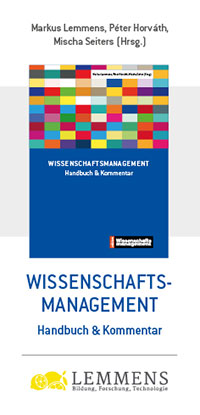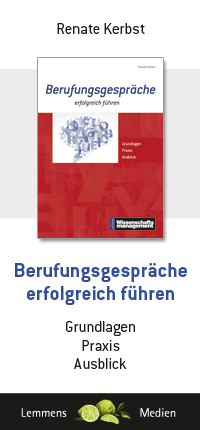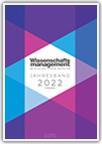A Framework for Digitalization in Higher Education
news
Digitalisierung
A Framework for Digitalization in Higher Education

Based on the analysis and literature review, we have designed a framework for digitalization in higher education. Key components include adopting a unified vision, employing hybrid project management models, fostering alliances for resource sharing, and prioritizing diversity to enhance digital inclusivity. The analysis suggests that successful transformation requires continuous adaptation, leveraging creativity, and establishing shared values within university communities to thrive in the digital age.
(…)
Conclusion
In navigating digital transformation within higher education, universities must employ ongoing adaptation strategies, recognizing that change management is an intrinsic institutional feature as opposed to a transient operational phase. Affirming a shared vision within digitally savvy environments presents a compelling identity, empowering university communities and enabling proactive responses to evolving external demands.
The role of creativity as a critical asset underscores the potential for universities to surpass mere technological adoption and lead educational transformations within dynamic global landscapes. In this context, comprehensive resource allocation coupled with inclusive strategic initiatives positions universities as resilient leaders in the digital age, ensuring they not only adapt to change but actively participate in shaping the future of higher education. By committing to sustained efforts and continual improvements, universities attain a role as visionaries and pioneers within an increasingly digitized academic domain.
 Den kompletten Artikel können Sie weiter unten downloaden. You can download the complete article below.
Den kompletten Artikel können Sie weiter unten downloaden. You can download the complete article below.
Nadine Shovakar is the policy advisor for structural development at the Chancellor’s Office at the University of Potsdam. In this capacity, she is facilitating organizational change processes at the university.
Hendrik Woithe is the Chancellor of the University of Potsdam. He has a diploma in business informatics and an MBA in Higher Education Management.
Sandra Figueroa Chávez is an anthropologist, and she has a master‘s in research in contemporary social problems. She currently holds the position of Academic Deputy Director of the Colombian Association of Universities ASCUN.






















